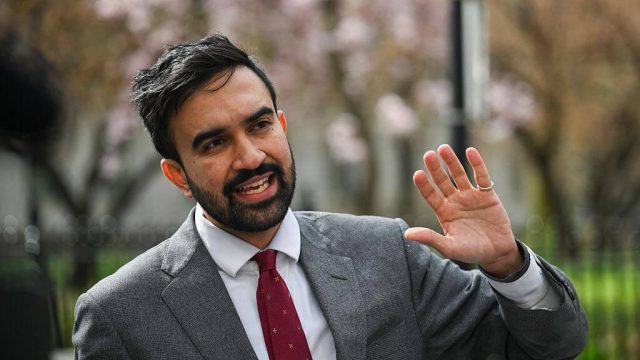The Green Economy Coalition (GEC) welcomes the UN High Level Panel’s vision for the post-2015 agenda - as one that describes a single global development agenda, is defined by shared goals, and is guided by the principles of sustainable development.
But we urge governments to use this opportunity to recognise all planetary boundaries, measure and tackle global inequality and ensure coherence across respective agendas.
"One Planet, one development agenda, one set of goals that encompass and reward the ingenuity and resources of every nation, business and citizen. This is the possibility. We thank the Panel for this work and commit to taking it forward”
Oliver Greenfield, Convenor, GEC
“We congratulate the High Level Panel for bringing coherence to the MDG-SDG debate, getting on board the varied and divergent perspectives. The emphasis on a transformative agenda that provides for universal goals with space for national and in particular sub-national target implementation is welcome and indicates practical application.”
Development Alternatives, India
"The STEPS Centre welcomes the report, which responds to many of the suggestions that we and other groups have made at various stages of the consultations. In particular, we welcome the focus on transformative changes that are universally required in developed and developing countries alike, and the importance of a single unified agenda for post-2015.”
Adrian Ely, Head of Impact and Engagement, STEPs Centre
“ We applaud the determination to end poverty, empower women, create jobs and provide social protection, but we call for a stronger emphasis on measuring and tackling global inequality that goes beyond ‘growth as usual’, particularly with reference to the role of rich countries.”
The GEC is pleased that the Panel has called on major companies to develop integrated reporting and governments to move to alternative GDP metrics. But, more work is required to ensure that progress at the corporate and national level feeds into global goals.
- We are pleased with the call for financial system reform “to encourage stable, long-term private foreign investment". However, we would like more clarity on how progress will be measured, particularly on fossil fuel subsidy reform and government procurement.
- We see ambitious plans emerging for key sectors – energy, food, universal access to clean water - with an increased emphasis on sustainable consumption and production. Infrastructure and cities are rightly recognised as frontlines for innovation in this work and this should be reflected better in the targets and goals. We are pleased that small and medium sized enterprises are recognised as key delivery agents of prosperity and sustainability. A greater emphasis on research and technology development, especially one that addresses material and mineral resource efficiencies would be helpful.
- We applaud the determination to end poverty, empower women, create jobs and provide social protection, but we call for a stronger emphasis on measuring and tackling global inequality that goes beyond ‘growth as usual’, particularly with reference to the role of rich countries. The focus on education, skills and jobs for the youth is commendable as this is a key to realising the human potential, especially of young emerging economies and critical to poverty alleviation. However, a focus on green skills in tune with a desirable shift in production and service industry would be required.
- We also support the ambition to manage natural resource assets sustainably, and the recognition to hold climate change to 2 degrees Centigrade, however, we would like to see quantified targets to reinforce the welcome reference to ecosystems and biodiversity. Most significantly we want to see ambition to improving and regenerating the natural resource base and stemming species loss.
- The GEC supports the proposition for a “global enabling environment” but urges governments to consider the policy options for green economy to accelerate transformation.
Overall, the HLP report is a good start. We hope it signals convergence with the SDG processes and expert committee on mobilising finance for sustainable development and accelerates action on corporate integrated reporting, financial system reform, alternative GDP metrics, sector sustainability planning, universal social protection and the managing natural assets.
The key challenge now is to turn this vision into a shared action plan delivered by new and existing institutions and finances for implementation. The proposal for a Global Partnership is good but over the next few years we must work on a well-defined ‘how’ upon which all the ambition of this document will be either won or lost.
Photo by Sagar Rana on Unsplash


